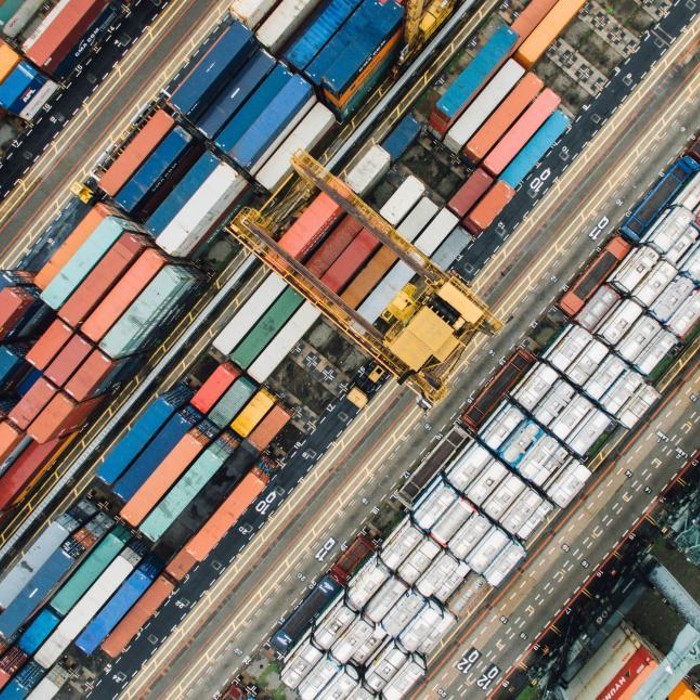Published:
Asian economies will become growing players on the international scene as we look toward the years to come. As the American economy faces challenges, nations such as Vietnam and India are blazing their trails to prosperity, each with its own set of obstacles and chances.
India stands out due to its strong growth trajectory; by the end of 2024, it is expected to develop at an astounding 6.4%. The primary causes of this increase include large infrastructure expenditures, increased domestic demand, and an increasing focus on technology and digitalization.
Tata Motors is one of the Indian companies that best exhibits this increasing trend. Tata Motors is exceeding market expectations and pushing technological innovation in electric vehicles. Tata Motors is investing in environmentally friendly transportation choices to address concerns about domestic and international sustainable practices. This commitment is paying off since there is an increasing need for ecologically friendly transportation options on a global basis. Tata Motors is an excellent example of how India can prosper in an ever-changing world. Their performance spotlights the country’s economic strength to shift with international trends.
Southeast Asia is taking notice of Vietnam because of its rapid economic growth and developing industrial sector. Companies such as Vingroup are essential to industries like technology and real estate. Vingroup has shown that Vietnam is capable of innovation and global competition by expanding its portfolio to include electric vehicles, technology, and healthcare. Vingroup’s operations are part of a more significant trend of international investments streaming into Vietnam as the nation promotes itself as a manufacturing hub, propelled by its attractive business environment and strategic location.
Southeast Asian countries have increasing challenges that differ from those of South Asian countries. The real estate market in the area has been sensitive as it is still getting over the effects of the COVID-19 pandemic. Property developers face pressure because of the unstable environment created by regulated property valuations and stagnating transaction volumes. The economy is a concern in light of the tightening financial climate, particularly for smaller banks that might deal in real estate-related business. To tackle these weaknesses and prevent any dangers from upending their economies, Southeast Asian governments consider increasing overlooking and stepping in when needed. Vietnam and other nations seeking to stabilize their real estate markets must find a balance between the necessity of sustainable standards and growth.
Asian economies are interconnected; therefore, actions taken in one nation can significantly affect other countries. For example, when India improves its export and manufacturing capacities, it helps its economy and feeds into its neighbors’ supply chains. In the same way, Southeast Asian countries are forming new trade agreements and alliances that have the potential to alter the dynamics of regional commerce as they seek to lessen their need for the US currency. The development of technology is another area in which this connectivity exists. A new era of economic cooperation has been brought in by the investments made by nations such as Vietnam and India in digital infrastructure and innovation.
The future holds great promise for the economies of Asia. Vietnam’s flexibility and India’s growth potential combine to create an ideal environment for partnership and trade. Nations in the area may establish themselves as top contenders in the world economy by seizing the chances and challenges posed by their distinct circumstances. Asia appears to have a bright future with an emphasis on innovation and sustainability.
File under






